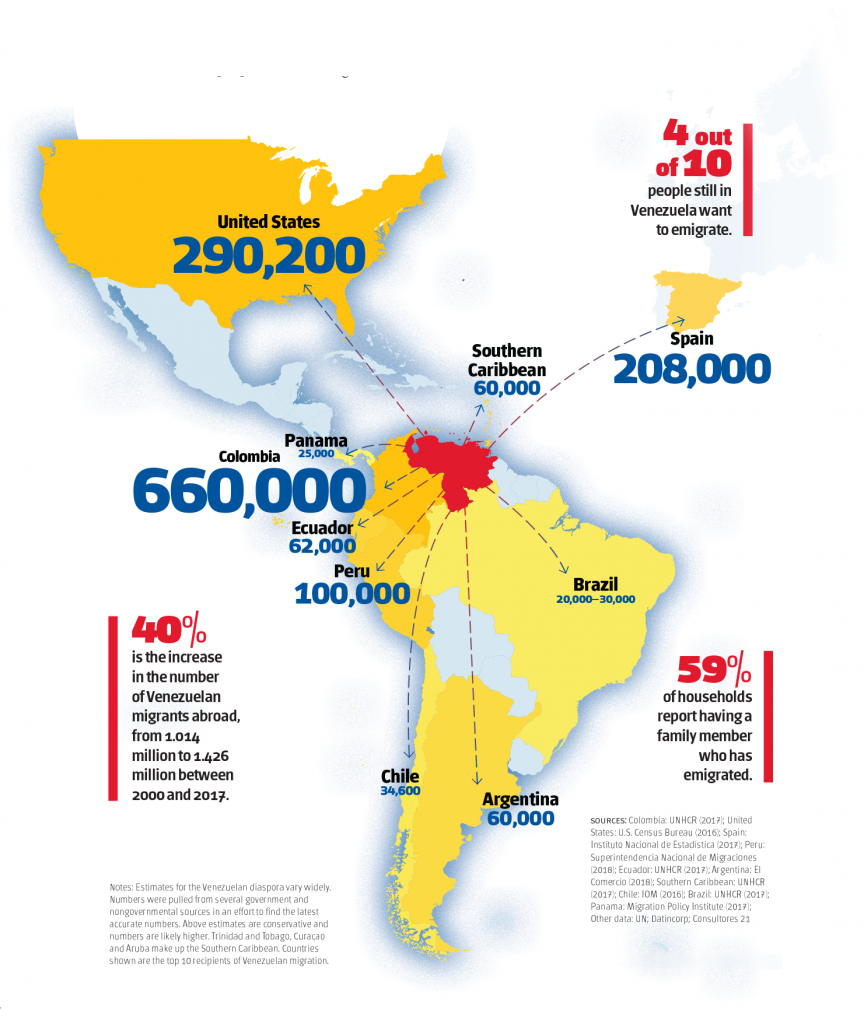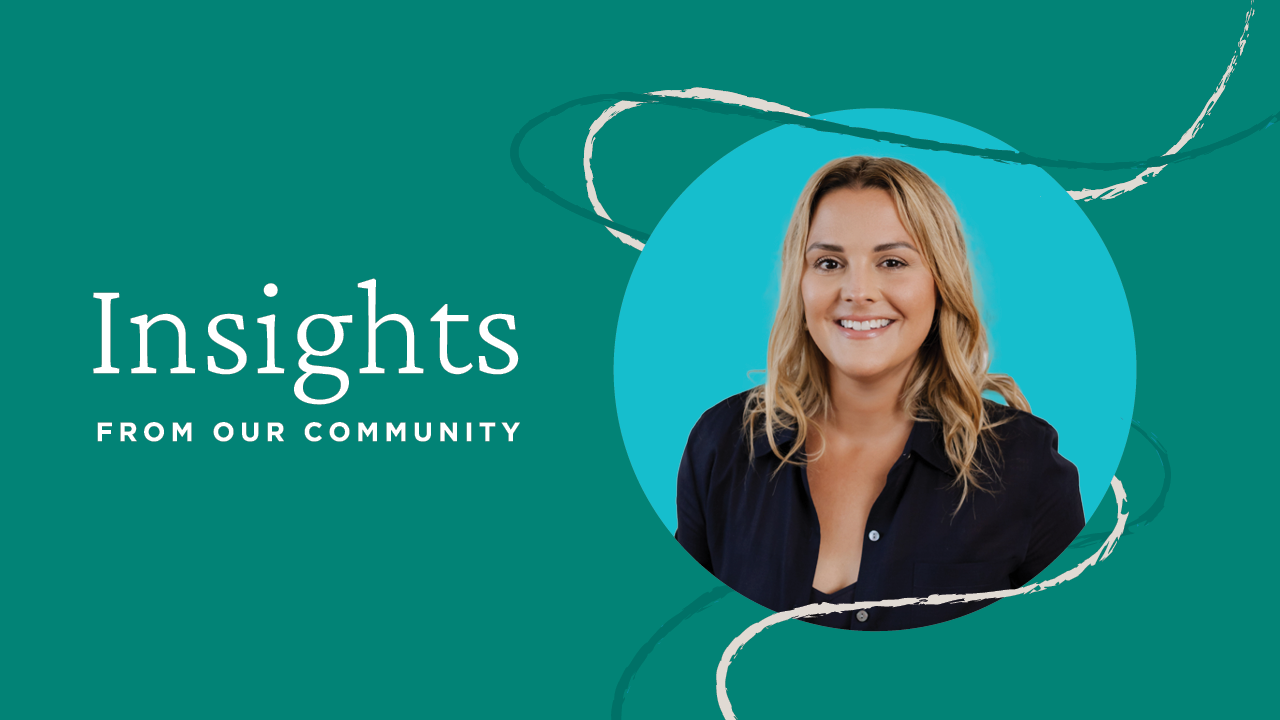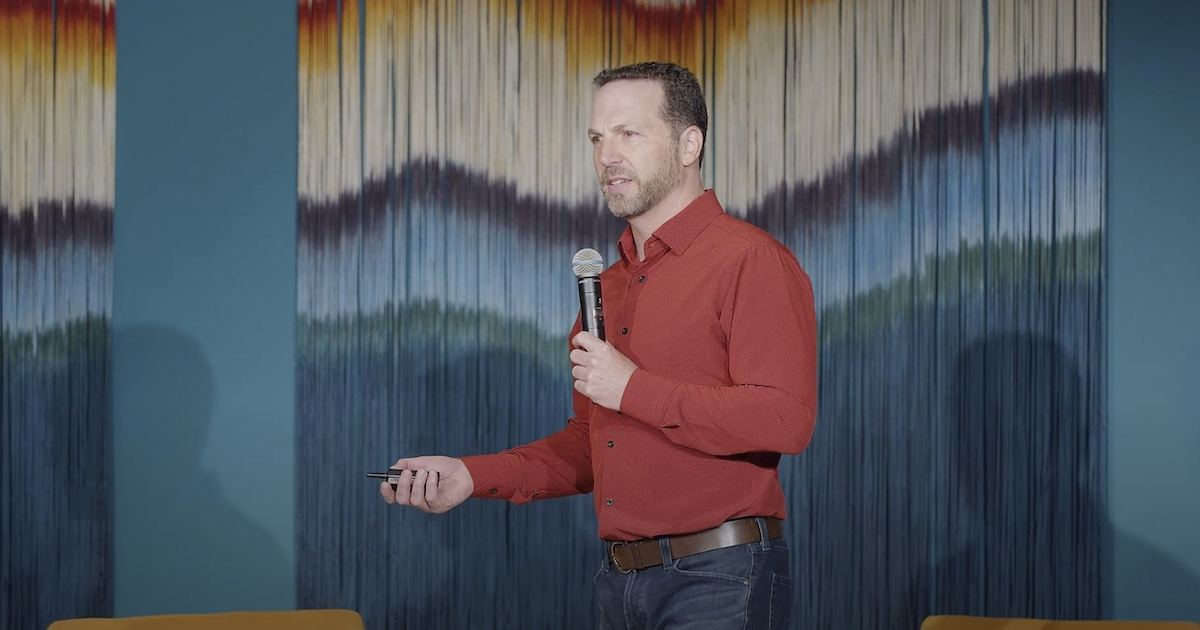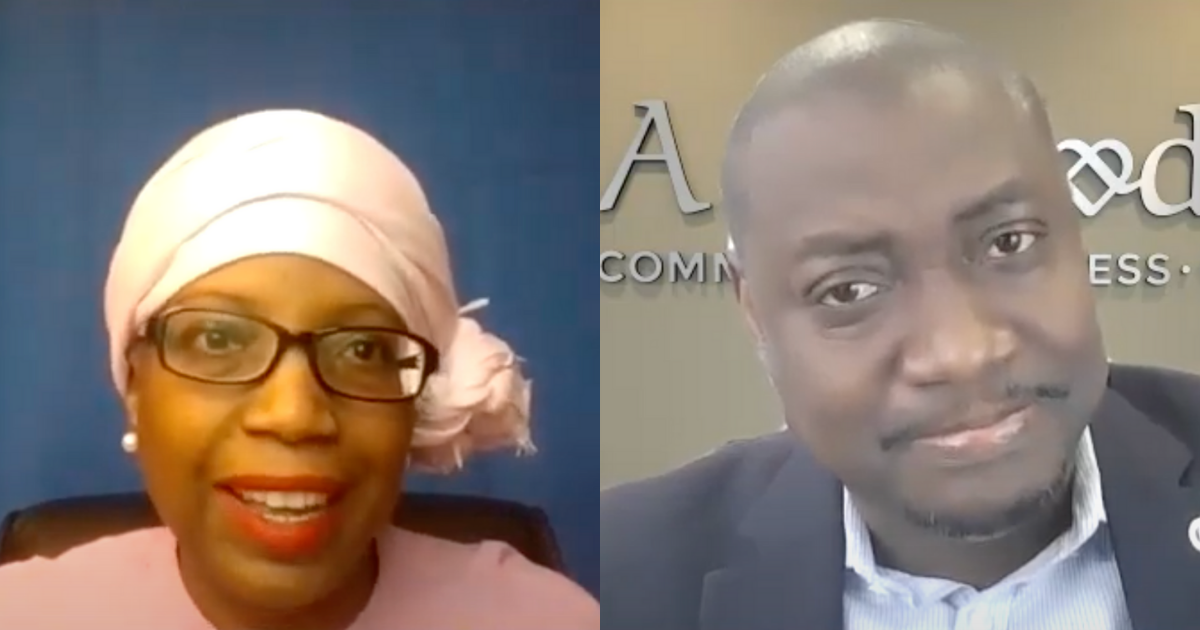By Maria Antonia Marturet Rios
Maria Antonia Marturet Rios spoke at the first Latin America Conscious Capitalism Conference this March. While she is from Venezuela, like many others, she has left the country for the time being due to the circumstances the country finds itself in. We invited Toña to share her thoughts on how Conscious Capitalism can be a model for resolving the humanitarian crisis in her home country, by moving past the question of politics to create a system of opportunity that benefits everyone.
– Alexander McCobin, CEO, Conscious Capitalism, Inc.
The name field on my ID says Maria Antonia, but for every other purpose, you can call me Toña. I’m a Venezuelan engineer who was forced to flee communism in 2018 due to economic, social and security concerns in my country. I work as a Business Consultant in the Caribbean while leading ‘Alimenta Una Sonrisa’ from abroad, a social enterprise that enables vulnerable kids from Venezuela to study. Eyes on my work, heart in my country.
Back in the 80’s, the word “Venezuela” was associated with money, beautiful beaches and good baseball. In 2019, the word is, more often than not, related to corruption, hunger, communism and human rights violations.
A lot has been written on how we got here, and news are currently focused on the possible ways in which the Nicolás Maduro dictatorship will go down, probably sooner than later. Today, I want to reflect on what the future holds for Venezuela after the transition to democracy, and why is it that I’m so optimistic and excited to go back as soon as basic living conditions are restored.
I don’t hold the truth of the future of course, but after years of analysis and personal first-hand experience, here’s my take: After dethroning Maduro, in the 2020’s we will see Venezuela become the biggest economic miracle in the history of modern Latin America.
In the past forty years, we have seen a country go from prosperous oil paradise to corruption post-apocalyptic havoc. My bet is that in the next ten years we can expect to see the cohesive reconstruction of a free and prosperous society. Historical research on similar crisis show it will probably happen this way, and the intuition of most Venezuelans is aligned with this projection. Today, I’ll go over four key components that make me optimistic about the future:
- Diaspora comeback
- Private and public investments
- Conscious Capitalism is already in place
- The lesson is learned
Copyright 2019 by Americas Quarterly
Diaspora comeback
According to several studies, the size of the Venezuelan migrant population is between 3 and 6 million people (10% to 20% of total population) scattered around the globe, with heavy presence in Latin American countries, United States and Europe. I myself had to leave to the Dominican Republic eight months ago, struggling with the pain of forceful detachment of family and friends, and with the cheerfulness of leaving to go work in a country where my capabilities were going to be rewarded and my freedom respected.
While Venezuelans have been well received in most countries, the majority of us still want to go back after the storm passes: We live and work with an eye on the news back home, praying that someday we will be able to ride on a one-way plane to our cities, hug our families again, and put all the learnings that we have received abroad to good use in our own country.
It will be a reversed brain drain: People of all ages and genders, former residents of countries all around the world, going back to their land after having absorbed different cultures, experiences and ideas, after having studied and worked in all kind of fields, and after having experimented the difficulties of living in a land that can’t be called their own.
The force of this returning diaspora melting pot will be gigantic, and the synergies created from their union will set the stage for a massive recovery.
Private and public investments
Several international public organizations have already committed to investing in the Venezuelan recovery once Nicolás Maduro is out: The IMF and the World Bank will probably lead the investment rounds, with participation from other international institutes that also know that they will directly and indirectly benefit from a recovery. The United Nations, and several other aid organizations will also take big responsibilities in the restitution of basic health and alimentary conditions for the most vulnerable groups.
Big private organizations are also waiting to go in, or back in, as in the case of Kimberly Clark, Cemex, and General Motors to start operating in an economic environment where they will find little competitors, customers hungry for innovation, and a constant growth post-disaster economy in a country with the underground oil potential to become a huge Latin American player once again.
And then, there will also be the medium and small-sized private companies and families ready to take part in the picture and capitalize on the reconstruction: Migrants who were able to save money while abroad, local players who’ve been afraid to invest with uncertain conditions, international players that want to expand to a new region, and ‘sadly’ those who made big money on suspicious terms under the Chávez-Maduro administrations.
This kind of money, along with the income increase derived from the recovery of the oil industry, will fuel an unprecedented growth in the economy and overall living conditions of Venezuelan citizens.
Conscious Capitalism is already in place
Companies that are still on their feet have a higher purpose in mind, and that’s what keeps them going even when faced with shortages, insecurity, government hostility and general economic depression. They are in Venezuela because they truly believe that they have some transcendental purpose there, which ties them to the country even in the hardest conditions. An example can be found in Pensamusic, a Caracas based startup that provides online music teaching to people around the world with the purpose of “Bring music to people through a learning experience that is transcendental, fun and unique”.
Operative companies depend on employees, suppliers, customers, service providers and even competitors that are also in the country, going through the same hardships as everyone else. To survive, companies have figured out how to maximize the conditions for all key players at the same time, because they know that if they don’t, there likely won’t be any replacement. This has yielded great contributions and stakeholder integrations around the center of the businesses, all paddling in the same direction towards a common goal of subsistence. A good example of this is St Honoré bakery, a store that lends their space for their main barista to teach coffee classes, sells scarce flour to their main competitors when they need it, shares profits with the key managers, and distributes all the remaining food of each day among their top performance employees.
Successful companies are being led by highly flexible managers that embrace a conscious culture to get through the crisis. Most businesses are now paying more than the minimum wage, giving off days to employees that need to shop for food on a certain day of the week, investing on education and motivation to decrease staff turnover, allowing people to work from home when there are protests, helping coworkers find scarce medicines when needed, and keeping up the overall enthusiasm even in the midst of the crisis. An example can be found in Cusica Live, a live music bar where most university students from the east of Caracas want to work, because of the family environment they experience there while making some money to support themselves.
St. Honoré Bakery Supervisor
The lesson is learned
Most people in the world have an intuition of what might happen to their countries if they vote for ill-intentioned politicians that promote corruption as the new rule of law. Venezuelans have learned it the hard way. Now, after two decades of heavy suffering, we’re conscious of the great gift and the great responsibility of living in a country that has given us everything, and hopefully, we are more prepared to run it in a way that embraces differences as blessings, that wants to be righteous, and that is willing to work hard to get back on its feet.
What has happened to us will not be forgotten, and the new hearted Venezuela that we will build will forever honor those who fell prey to communism, and those who helped us get back on our feet when we most needed it.
It’s a matter of time; mark my words.







